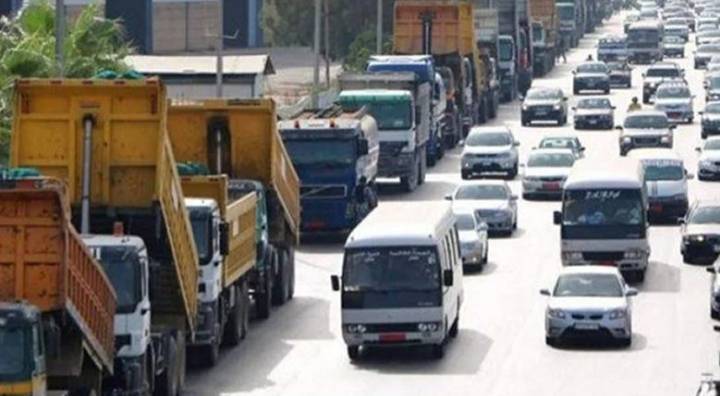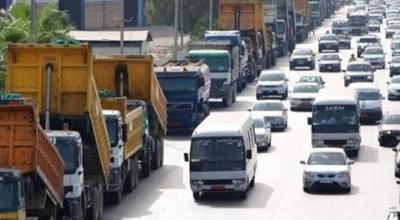The transport sector is entering a dangerous tunnel today. It is no longer functioning well; it has become idle and is experiencing the worst phase in its history, as it has never collapsed before, especially since it used to be vibrant and attracted all unemployed individuals. The sector was productive and went through a golden era, but the reality has changed. It has suffered a setback that has devastated all the workers' capabilities, and the current crisis has put an end to it, to the extent that social security no longer covers healthcare, as it too neglects its role.
For many years, public transport has been absent from the Nabatieh region and the south, despite a plan for it, at least along the Nabatieh - Marjeyoun - Bint Jbeil route. However, this plan has not seen the light of day, and in its ruins, private transport has flourished, with dozens of vans and cars operating and gaining significant popularity at that time. However, for the past two years, the sector has been witnessing a decline as the owners of the red-plate vehicles have found themselves out of work. The fuel crisis has devastated the sector, according to Abu Hussein, a taxi driver on the Nabatieh - Sidon route. You find him every day standing at the Kfar Rumman intersection, holding his cigarette, exhaling his anger at what his reality has become. He waits for passengers for long hours, and barely a few show up. Many have abandoned van transport; some rely on the "tuk-tuk" as a new means of transport, and others are in search of cheap alternatives.
"The fuel crisis has destroyed the sector," says Abu Hussein, who is overwhelmed by his worries, acknowledging that "the fare has burdened university students, specifically; a student needs 250,000 Lebanese pounds daily." He admits that "his ability to continue working has diminished, as what he earns is not enough to cover the price of fuel, meaning we are working just to pay the station."
The drivers in Nabatieh are awaiting the outcome of the meeting that the Transport Union will hold today, to act accordingly. The Vice President of the General Labor Union, Hassan Faqih, confirms that "the union is in the process of holding a series of meetings with the transport union and with the unions of free professions, aimed at establishing a roadmap for upcoming actions, expected to begin next week to demand the regulation and support of the sector." He emphasized that "the union seeks to unify actions as all sectors are suffering from crises." He stressed the need for "unity of actions to prevent chaos or internal conflicts within the sectors," asserting that "what we strive for is the rights of professions and the building of the state."
The General Labor Union has been supporting professional sectors in their movements and stands in defense of workers' rights and sectors that have been devastated by the crisis. It has led many movements and is preparing for new actions in the transport sector and other educational, health, and vocational sectors. Faqih noted that "the crisis has escalated dangerously, as it has exterminated the transportation, education, and health sectors," calling on the state to "perform its role." He considered that "dollarization" could be the solution to prevent further deterioration, emphasizing that "what we seek is the guarantee of rights."
So, while waiting for the results of the union meetings, the transport sector will be ready to mobilize and join another sector in the wave of strikes engulfing the country these days.




